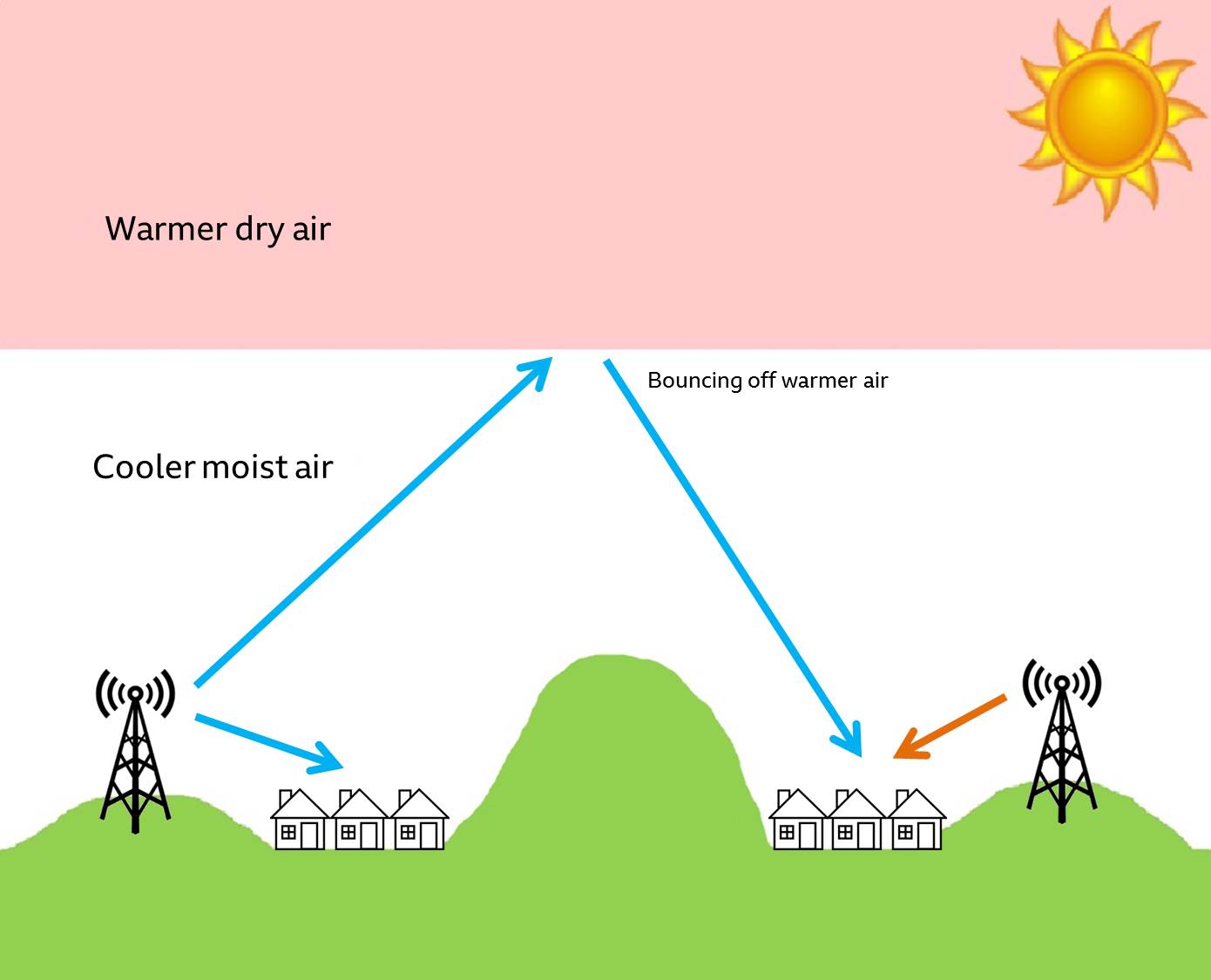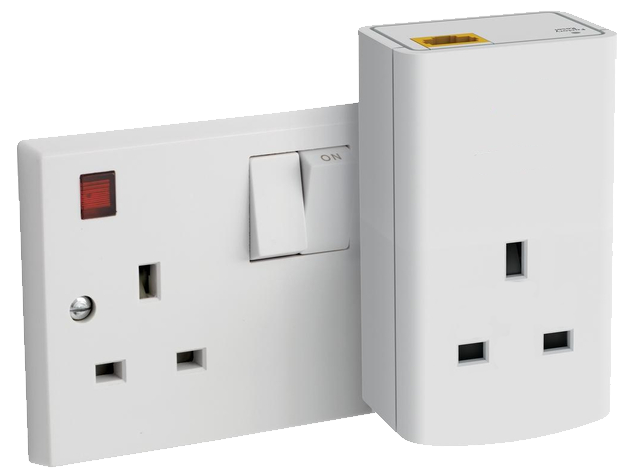Most cases of interference are caused by electrical devices inside or nearby your home. They usually occur with a pattern and a definite start and end time, once or several times a day.
Problems on FM radio can normally be identified by the type of sound effect you can hear. Crackling, whining, buzzing, rasping or clicks and pops, could point to a nearby source of electrical interference.
The first step in is to determine whether it's a reception or interference problem.
Rule out reception problems
As a rule of thumb, hissing, distorted 'S' or 'Z' sounds, whistling and twittering are not interference but are caused by general reception problems. For reception type symptoms use the step by step guide to help troubleshoot problems with FM radio or use the Problem Assistant.
Checking for Interference
Use the list of symptoms below as a guide to help you identify a possible interference source:
Loud rasping sound
This effect happens in bursts of a few seconds at a time and is due to central heating thermostats. Switching off the heating system while you are experiencing the problem will help to identify it. If it stops you may have to repair or replace the thermostat. If not, it could be a nearby neighbour's thermostat; It’s worth checking with them.
Clicks and Pops
These are normally caused by light switches or mains wiring. Timing can be random, or there could be a pattern if the lights are on a timer. Switching lights on and off can help to identify the source. There may not be much you can do about this type of problem except move the radio away from any light switches or mains wiring.
Buzzing/Crackling
Faulty street lamps can cause this effect. Note when the nearby lamps switch on and off and compare it with when you experience the problem. Look out for lamps which are dull or flickering as this is normally a sign they are faulty. Contact the council if you spot any.
Whining/buzzing
A faulty or uncompressed engine can cause a distinct buzzing 'whine' which varies with engine speed. Motorcycles tend to be the worst. Try to move your radio away from the street or use an external aerial.
Crackly Whine
An electric motor is used in many appliances such as lawnmowers, washing machines, drills and hairdryers. A faulty motor can cause crackly whine. Check whether any of these is being used when you experience the problem. If so, and it’s in your own home, move the radio away from the appliance. If the problem continues you may need to repair or replace the appliance.
More Help
If you rule out basic reception problems and believe there is a nearby source of interference you can contact us either by phone or via the form at the end of the Problem Assistant tool.
We cannot investigate everything so it’s best to check the scope of our service first.

